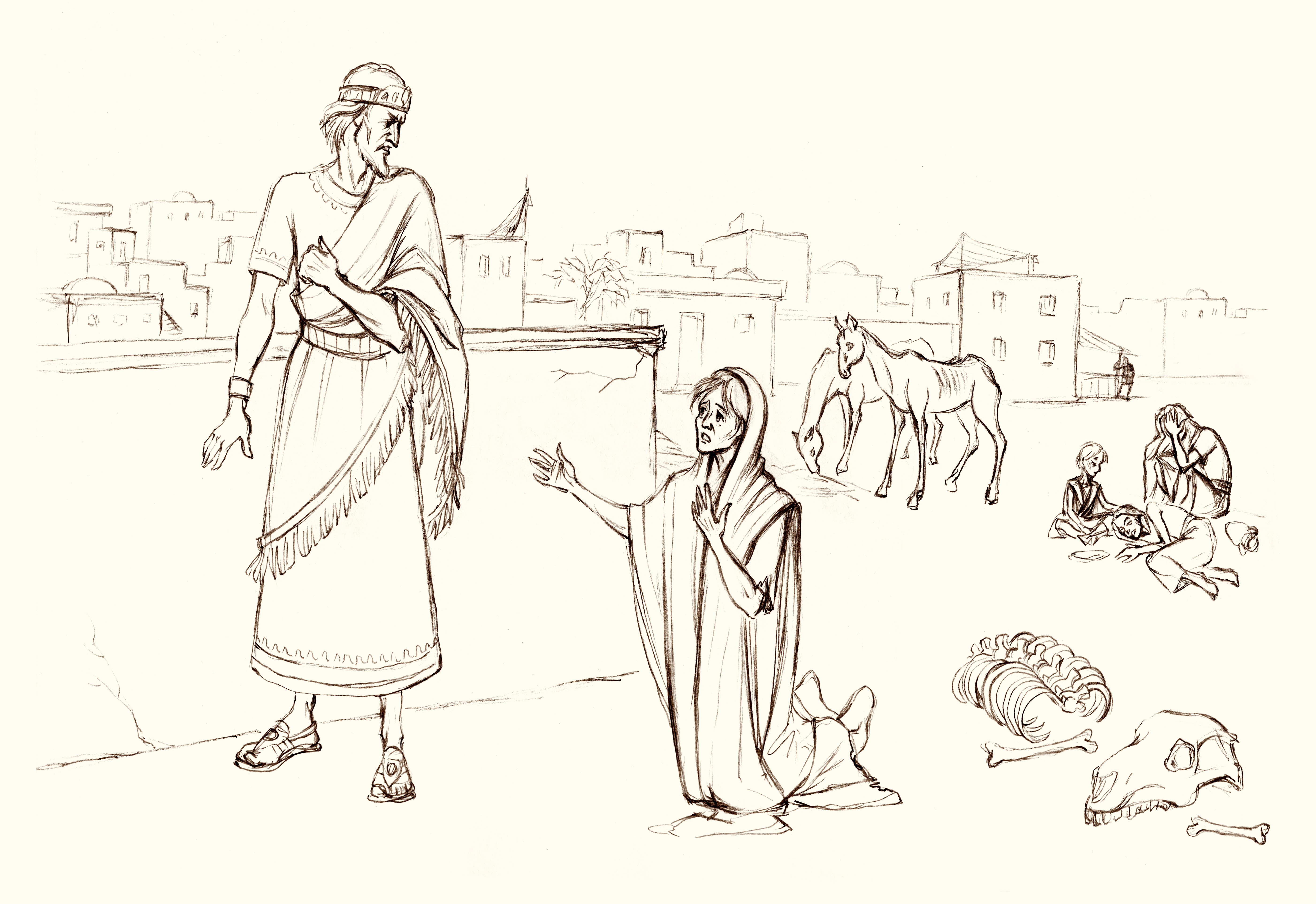Matthew 5:38-42 Jesus Teaches on Retaliation

Jesus addressed how we deal with someone who has wronged us. The illustrations Jesus is using are of innocent people being wronged by “the one who is evil” (verse 39). Not returning evil for evil is NOT the natural way of doing things. It goes against every self-preservation instinct we have. But it is exactly what Jesus calls us to do.
Am I supposed to lie down and be a doormat? Isn’t this victim mentality? What if they want to do more than just smack me in the face? Do I still stand there doing nothing? What if they want everything I own in court? Do I let them have it? Do I give to anyone who “begs” from me or wants to “borrow” what I have? Do I expect the borrower to return the item? What if I have nothing left afterwards? Is Jesus calling us to these kinds of behaviors ONLY with other believers?
I don’t have the answers to these questions, so I decided to do some looking around and asking those who claim they do. Here is a little of what I came up with today. I am going to make sure and provide you with links to the source I found so you can weigh the evidence they present yourselves.
My first stop was my bible study helps. When addressing turning the other cheek, “…Jesus’ focus here is on individual conduct… He is prohibiting the universal human tendency to seek personal revenge… One should not return an insulting slap, which would lead to escalating violence. In the case of a more serious assault, Jesus’ words should not be taken to prohibit self-defense… or fleeing from evil…” This is a HUGE reference section and I only included a portion of it. I didn’t put the scripture references in because there were so many!
One scripture that was mentioned that I do want to look at though is Luke 22:36-38. Jesus tells His disciples that after He is gone they will need to protect themselves. He tells them that if they don’t have a sword that they should sell their own clothing if necessary to buy one. This doesn’t negate His “turn the other cheek” teaching, but does set them up to defend themselves when the need arises.
So does turning the other cheek then mean literally to offer the person the other cheek to slap or to simply not return violence for such an act? I’m leaning towards the second behavior myself. In John 18:19-23, even Jesus Himself when slapped during His trial didn’t say, “hit me on the other cheek”, but spoke out the one who hit Him. He didn’t strike back or take back any of what He had said in the first place, but simply spoke the truth and called for the man to examine his own actions and motives.
A couple of other sources I found on turning the other cheek can be found at: Got Answers.com, and EWTN Faith Global Catholic Network. There have some good points in each of these, but I don’t agree with everything being said.
Let’s move on to being sued and giving up more than is asked for. When I was looking at this issue, the sources I found were: Got Answers.com and Christian Attorney.net. The second source offered me a quote I find most helpful. They were actually quoting Matthew Henry, and since he is supposed to be an expert, I will share his comments.
“If the matter be small, which we may lose without an considerable damage to our families, it is good to submit to it [legal nonresistance] for peace’ sake.” Matthew Henry
Paul also talks about Christians NOT suing other Christians in 1 Corinthians 6:1-7. This addresses how we should conduct ourselves within the body of Christ regarding legal issues. The resources I found agree that these principals refer to civil trials and not criminal cases.
On to begging and borrowing. I realized today that begging doesn’t necessarily have to be for money or food. It can be for help in any form. I’m more likely to help in non-monetary ways. Jesus wants us to help when asked. But does it have a limit? The beggars we met with Jesus were all reduced to begging because of some physical handicap. When Jesus helped these beggars it was not money He gave but healing and forgiveness. Once they received these free gifts their lives were changed. Did He expect them to learn how to support themselves after that point?
I don’t know how to classify our beggars of today. I know some are mentally ill or become homeless through no fault of their own, while others actually choose that life style. I don’t know how to tell the difference. I don’t know if it matters to Jesus.
For myself, I have felt moved to offer assistance a few times and have done so with varying degrees of receptiveness on the other person’s part. I often feel guilty for not helping when I see someone begging, but continue on my way anyway. I rely on my heart to speak VERY loudly when I am faced with the numerous people on the street corners holding signs. I don’t know how else to handle it.
Now borrowing is a bit different. I think of borrowing as someone asking for the use of something temporarily. That means they will return the item when finished or replace it, if it is something that is consumed. Luke 6:34-35 talks about lending with no expectation of repayment. Is this in reference to tangible goods or does it also include lending money?
When asking to borrow something, money is often the item requested. Most of us have made this request of banks ourselves. Jesus certainly didn’t instruct us to borrow money with no intention of repayment. But what if someone asks to borrow money from you? I have even met with this issue myself. I believe, and have experienced, that if the amount is small enough that it does not create a hardship in you, that lending without expectation of return is freeing to both the lender and the borrower. If, however, the person perpetually comes to you for small or ever increasing amounts, continuing to lend to them without expectation of repayment, I believe, it is inappropriate and anything BUT freeing. What comes to my mind at that point is a “sluggard” or laziness, and as Paul tells Timothy, those who won’t work don’t eat. Personally, at that point I am willing to provide tangible goods if I see the need is real, but NOT money. If the need IS real, the tangible goods will be received with gratitude, otherwise they will probably be rebuffed.
God, I want to thank You for the free gifts You gave me. You gave me Your grace for my slap of sin. You gave me Your mercy to cover my nakedness. You gave me Your body as my bread so I would no longer know want. You gave me everything without expectation of repayment. I had nothing to offer You, but You still gave of Yourself. Help me truly understand the depths of Your love and be able to show even a fraction of that love to others You place in my life. I know I will never fully live up to Your standards, and I realize that I don’t fully understand all You set before me in Your word, but I trust You will continue to teach me each day of my life. Help me always be a willing and humble student.




